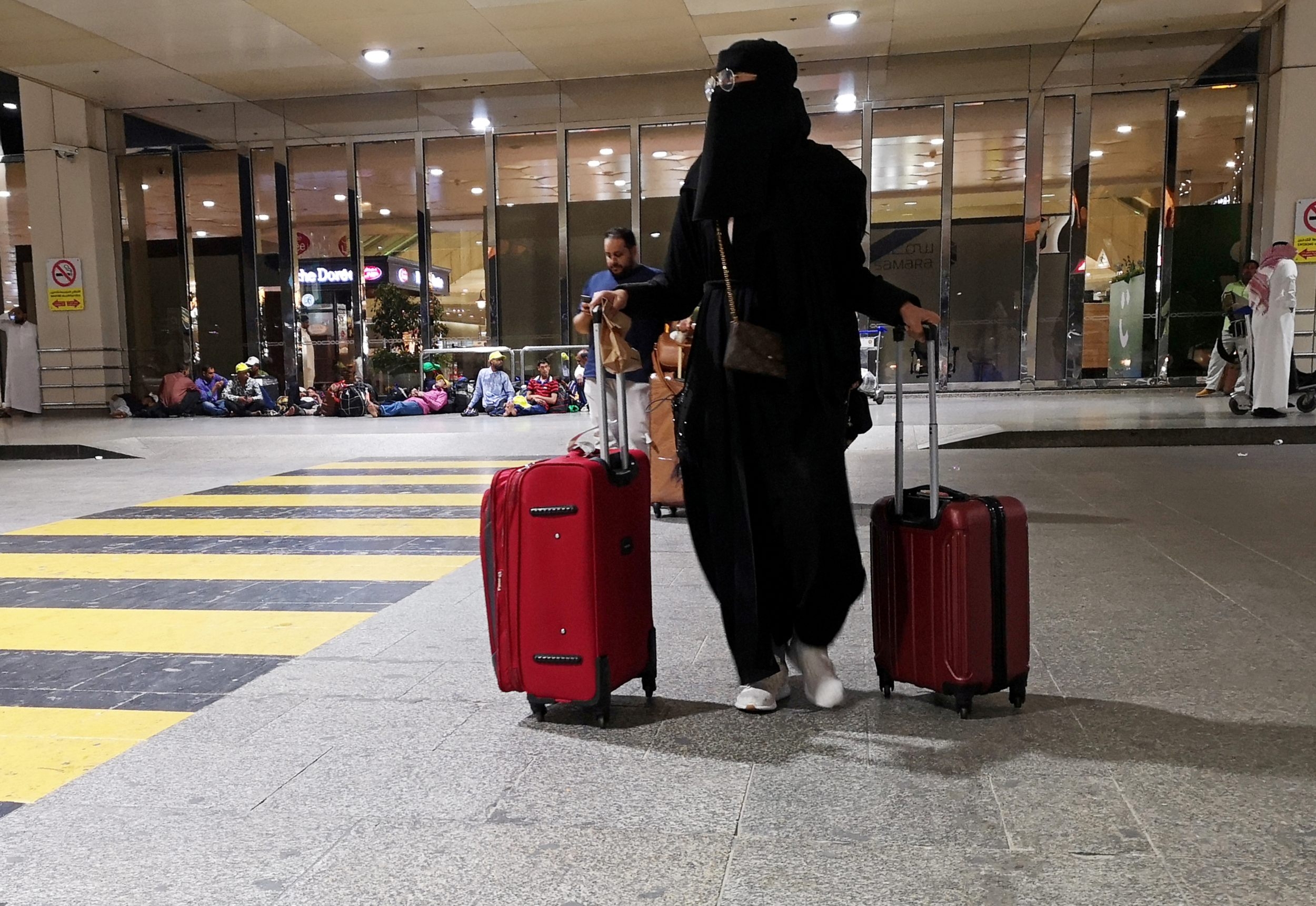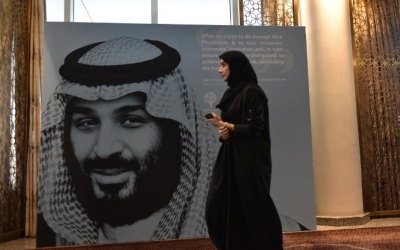Saudi Arabia implements decree lifting travel restrictions for women

Saudi Arabia has begun allowing adult women to travel without permission and to exercise more control over family matters, state news agency SPA reported on Tuesday, chipping away at the kingdom’s heavily criticised male guardianship system.
The regulatory changes stipulate that a Saudi passport should be issued to any citizen who applies for it and that any person above the age of 21 does not need permission to travel.
They also granted women for the first time the right to register childbirth, marriage or divorce and to be issued official family documents and be eligible as a guardian to children who are minors.
"The passports and civil status departments and their branches in all regions of the kingdom have started to implement the amendments stipulated in the royal decree," Reuters news agency quoted SPA as saying, citing an interior ministry source.
A Saudi newspaper reported that more than 1,000 women in the country's Eastern Province had left Saudi Arabia on Monday without their guardian's permission, in what appeared to be an early implementation of the new rules.
Under the guardianship system, every woman is assigned a male relative - often a father or husband but sometimes an uncle, brother or even a son - whose approval is needed for most legal actions.
The changes to the law come at a time of heightened scrutiny over Saudi Arabia's human rights record.
Rights groups say the guardianship arrangement turns women into second-class citizens, depriving them of social and economic freedoms and making them more vulnerable to violence.
Supporters of the Saudi government have promoted the social reforms as part of a modernising drive implemented by the crown prince.
Changes to Saudi laws affecting women in recent years have included ending a ban on women driving, easing restrictions on gender mixing and allowing women to serve in the armed forces.
While the new amendments may erode part of the guardianship system, women still require permission for numerous aspects of life - including enrolling in school, receiving treatment at a hospital, or being admitted to a shelter for abuse victims.
Meanwhile, many of the leading women's rights activists who have pushed for those changes are in prison - often held without charge or trial - with rights groups fearing that many have been subjected to torture.
Middle East Eye propose une couverture et une analyse indépendantes et incomparables du Moyen-Orient, de l’Afrique du Nord et d’autres régions du monde. Pour en savoir plus sur la reprise de ce contenu et les frais qui s’appliquent, veuillez remplir ce formulaire [en anglais]. Pour en savoir plus sur MEE, cliquez ici [en anglais].





